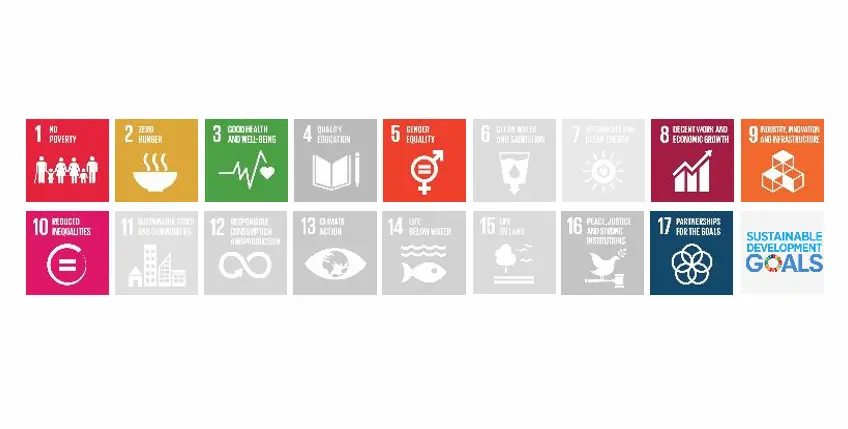
Inclusive Finance
“Today 2.5 billion adults - more than half of the world’s working adults –
are excluded from formal financial services. This is most acute among low-income populations in emerging and developing economies, where approximately 80% of poor people do not have access. Including them in the formal economy is a critical contribution to poverty reduction, tackling inequality, and fostering inclusive growth.Access to formal financial services is essential to the ability of individuals and households to manage their lives and build their futures. A positive correlation has also been found between increased financial inclusion and lower inequalities, showing that financial inclusion promotes pro-poor growth.
As a means to broader development goals, financial inclusion is critical to the Post-2015 Agenda. Access to finance cannot be the privilege of a few but should be available to all and can be a means to reduce inequalities, particularly for the most vulnerable, including those living in rural areas, women, and youth.
Access to financial services is also essential to the ability of businesses to invest, employ people, and grow and is, therefore, an essential element of inclusive growth.
It is also tied to the financing for development agenda, especially in relation to the mobilization of domestic resources, given the direct links between domestic saving rates and long-term economic growth.”
We analyze whether and why groups of people or companies are excluded from accessing financial services, e.g., bank accounts, loans, or insurances.
